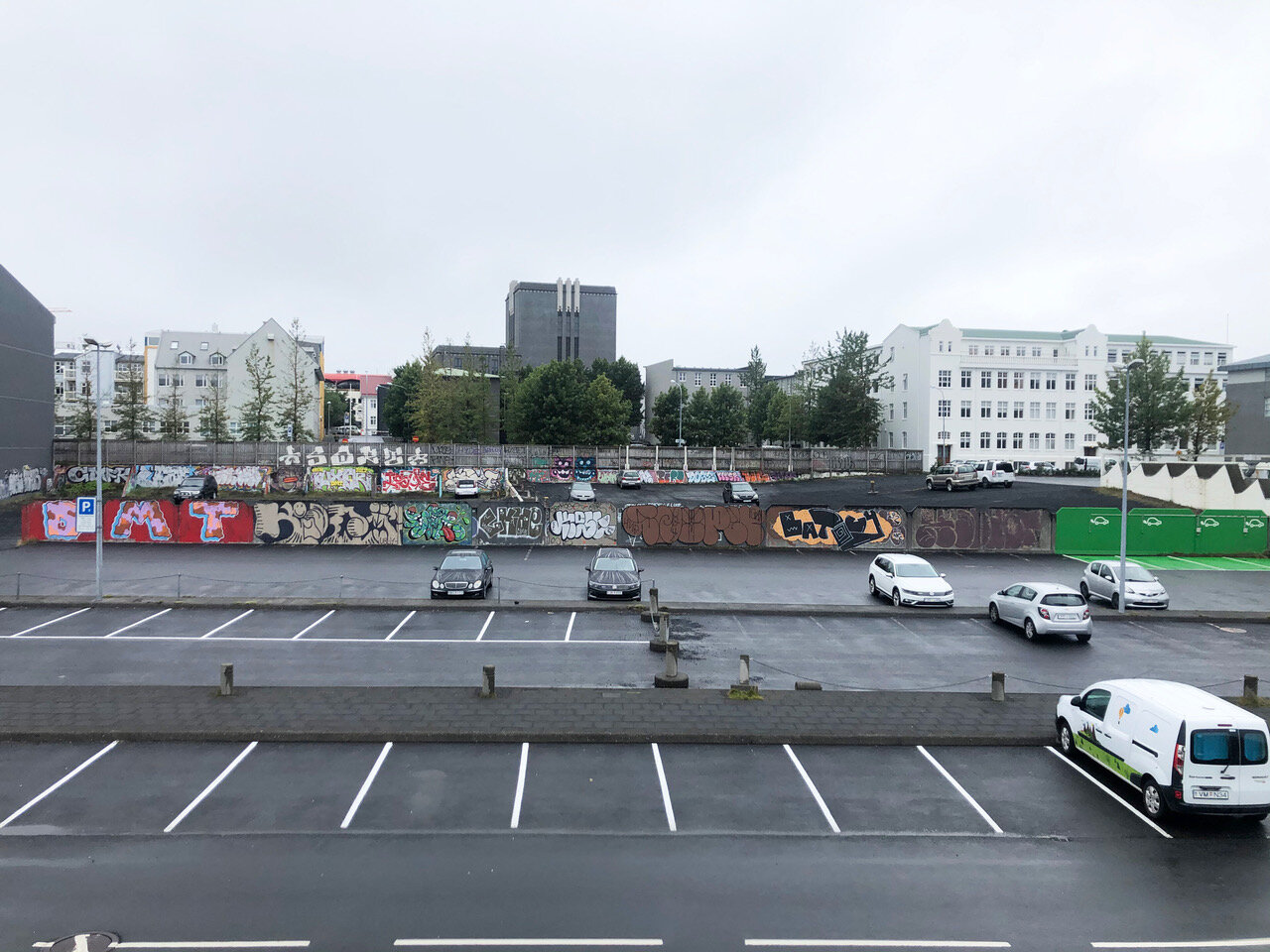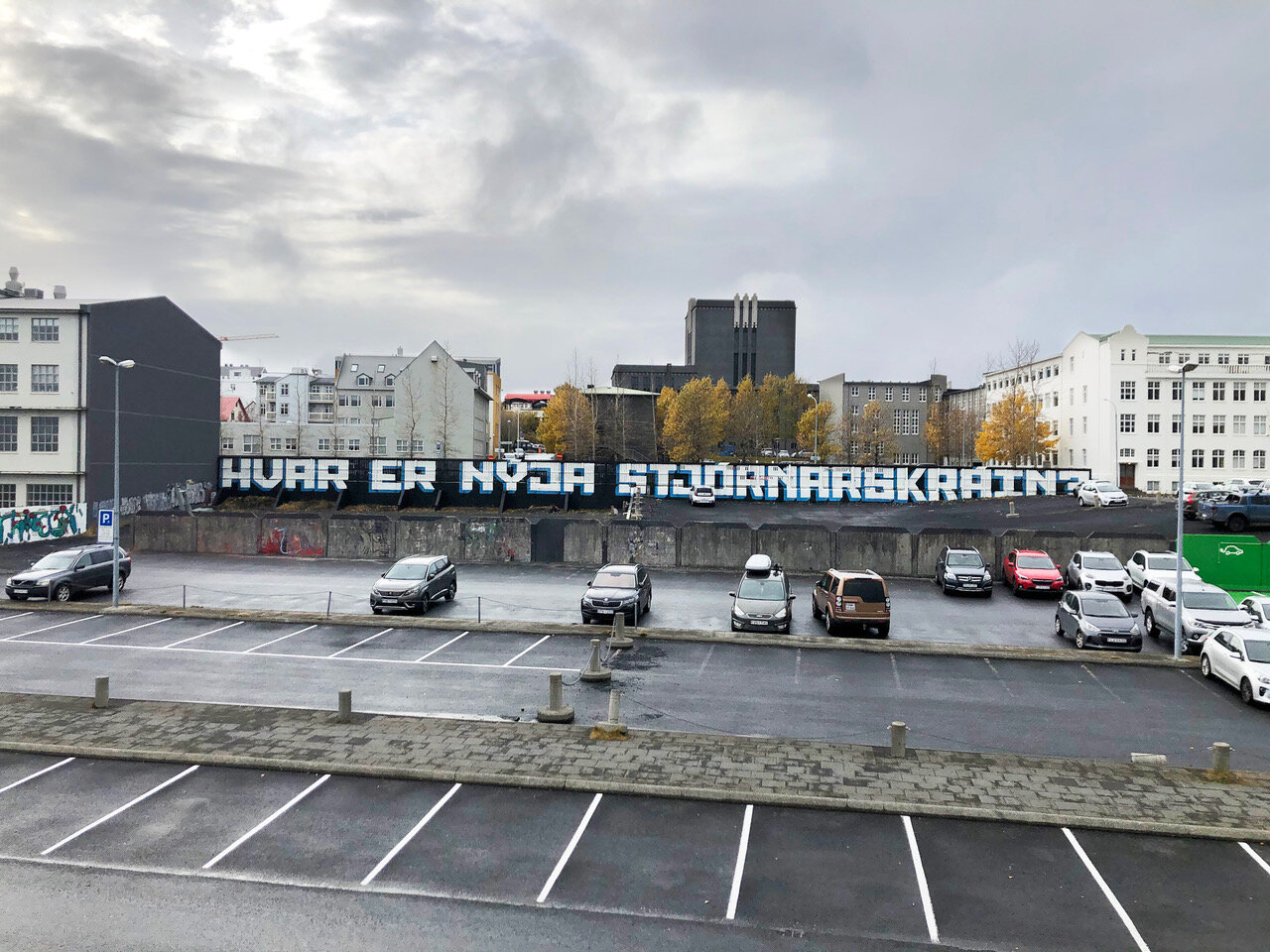The Icelandic Constitution: the old and the new
Translation: Lísa Margrét Gunnarsdóttir
The Icelandic constitution is a national contract with legislative, judicial and executive powers. The current democratic constitution was established in 1944, when Iceland became a democracy. The constitution was that of the Kingdom of Iceland, which took effect in 1920. That constitution was largely based on Denmark’s constitution of the year 1848, as well as Iceland’s first constitution, dating back to 1874. The current constitution has been altered and improved according to society’s demands, but the fact remains that it’s backbone can be traced back to the 19th century when we received our first constitution as a gift from the king of Denmark.
Why do we need a new constitution?
We have amended sections of the democratic constitution throughout the years, but a complete reform has yet to take place - even though many feel there are important clauses missing necessary to face the challenges of modern society. One of the great challenges we face is environmental protection and conservation. The rights of nature have yet to be constitutionalized, such as limitations regarding the use of natural resources to prevent irreversible damage.
Around a decade ago, the Icelandic Parliament appointed a Constitutional Council, which suggested substantial amendments to the constitution. The council suggested a clause dictating the protection of nature and suggested that authorities should inform the public on the state of the environment and nature, and the impact of construction thereon. Other suggestions by the Council included a more transparent administration, citizens’ protection against violence, a national vote induced by voters, and making natural resources - those which are not private property - publicly owned.
In 2012, an advisory referendum took place, where the aforementioned amendment suggestions of the Constitutional Council were presented to the Icelandic nation. The vote revealed that the majority of voters (83%) were in favor of natural resources to be publicly owned, and 67% of voters were in favor of the Council’s suggestions being the core structure of a new constitution.
Since the referendum, years have passed without any amendments to the constitution, and many feel that the government ignored the democratic will of the people, as just under 50% of eligible voters voted on the matter. Advisory referendums are not legally binding for the Parliament, but why carry out a national referendum if our government does not intend to respond?
Where is the new constitution?
On June 19th, Iceland’s national Women’s Right Day, the Women’s Association for a New Constitution launched a petition, stating: “We demand that the Parliament respect the result of the referendum which took place on October 20th, 2012, to enact the new constitution. The referendum revealed that over 2/3 of voters supported that the suggestions which were voted upon be the basis of a new constitution. The suggestions are a binding societal contract, and its contents are not to be dissected and discarded by the Parliament. The nation is the maker of the constitution, and instates it to set boundaries to those in power, not the other way around. We refuse to wait for a decade for the new constitution to be made into law, and so we demand action immediately!”
Over forty thousand people signed this declaration.
In the wake of the petition, the hashtag #hvar (where?) took social media by storm and street artists wrote the words “Where is the new constitution?” all over Reykjavík. The largest piece of street art was made by Skiltamálun Reykjavíkur, on a wall by a parking lot on Skúlagata, and was abruptly removed two days later by the request of the Management Company of the Cabinet of Iceland.
The artists responded immediately by painting a new, even larger piece in a slightly different spot on Skúlagata, which still stands and awaits response, as do the citizens of Iceland.
Long story short, there are a lot of reasons behind the public’s demands to honor the referendum’s results and to reform the constitution as a whole. A reformed constitution would establish clearer laws regarding the protection and preservation of nature, governmental transparency and the ability to keep authorities in check.
Photos: Narfi Þorsteinsson





